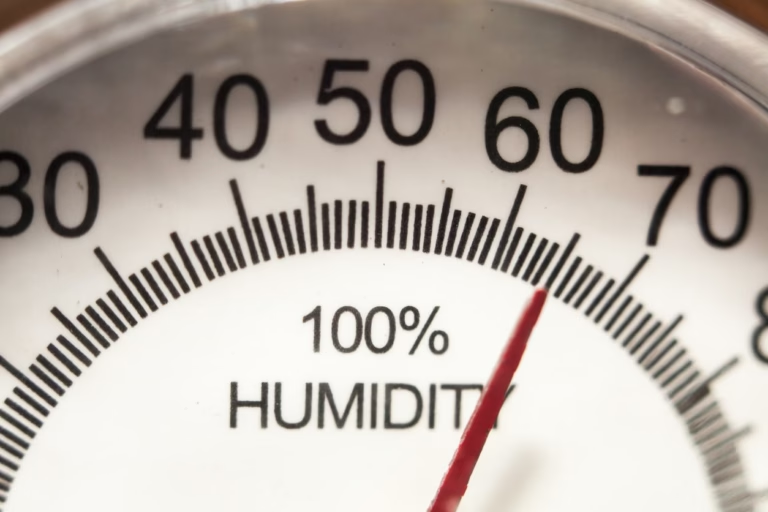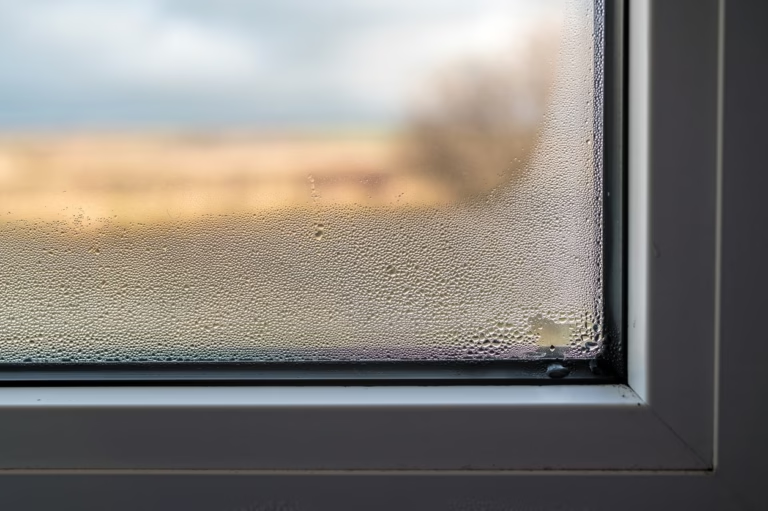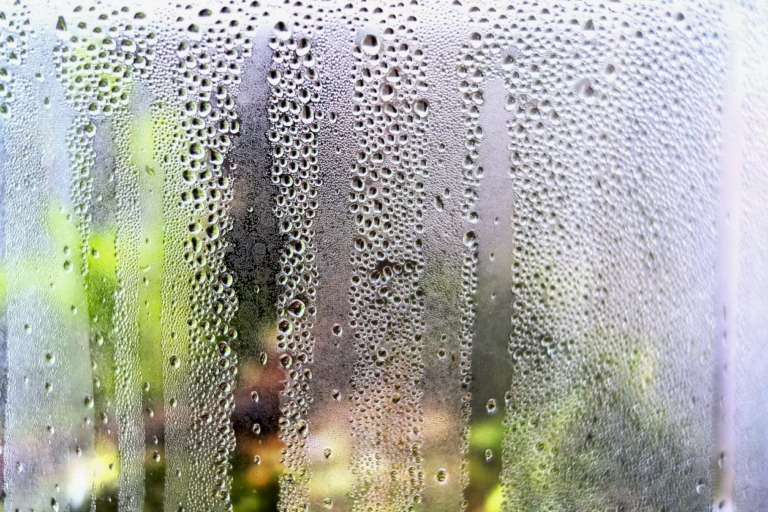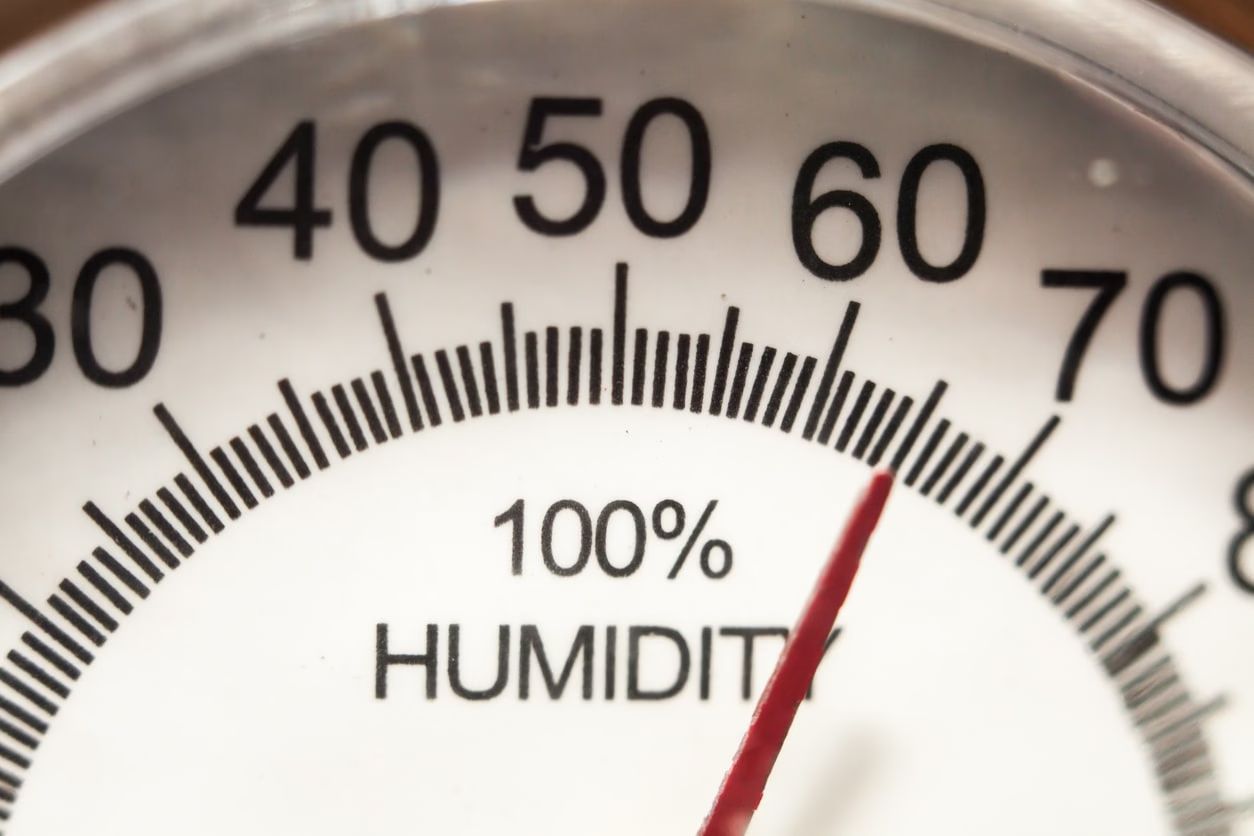Living in Florida has its challenges. One major issue for homeowners is high humidity. Excess moisture in the air can cause discomfort, promote mold growth, and damage your home’s structure over time. Keeping humidity levels between 45% and 55% helps avoid these issues. Here are some simple tips to lower humidity and make your Florida home more comfortable and healthier.

1. Utilize Dehumidifiers for Effective Moisture Control
Dehumidifiers are a great way to actively control indoor humidity. They work by drawing in humid air, removing the moisture, and releasing drier air back into the room. Here’s how they can help:
- Portable units are great for rooms like bedrooms, bathrooms, or kitchens. They provide flexibility in areas where humidity can rise.
- Whole-house dehumidifiers, which integrate with your existing Heating, Ventilation, and Air Conditioning (HVAC) system, can help regulate humidity throughout your entire home, providing consistent moisture control.
- Dehumidifiers make your space more comfortable and help prevent mold growth, reduce allergens, and protect your home’s structure.
2. Improve Ventilation in Key Areas
Proper ventilation helps disperse humidity and keep moisture levels in check. Specific areas of your home, such as kitchens and bathrooms, are particularly prone to high humidity, so these areas should be given special attention.
- Exhaust fans in bathrooms and kitchens are crucial. Ensure they’re venting directly outside and run them during and after activities like showering or cooking to remove moisture.
- Ceiling fans in other areas of the house can circulate air, helping to maintain consistent airflow.
- Open windows when weather permits to let fresh air in, especially in the evenings when outside humidity levels are lower.
3. Seal Windows and Doors
Windows and doors are common entry points for humid air. Properly sealing these areas can prevent moisture from creeping in and raising indoor humidity levels.
- Check for gaps or leaks around windows and doors that allow humid air inside.
- Install weather stripping or replace old seals to create a tight barrier.
- Consider using window film or installing storm windows for extra protection against humidity during the summer months.
4. Add Insulation to Prevent Condensation
Condensation is a major contributor to humidity problems, especially in poorly insulated areas like attics and basements. Proper insulation helps prevent moisture from condensing on cold surfaces while keeping your home cooler in the summer, which can indirectly assist in controlling humidity levels.
- Insulate attics and basements to prevent cold air from coming into contact with warm, moist air, which can cause condensation.
- Consider adding vapor barriers in crawl spaces to block moisture from seeping into your home.

5. Use Moisture-Absorbing Products
For smaller spaces like closets, basements, and pantries, moisture-absorbing products can help maintain comfortable humidity levels.
- Silica gel packs or desiccants can absorb excess moisture from enclosed spaces.
- Moisture-absorbing crystals or charcoal bags are another effective option for areas not directly affected by your HVAC system. These products are easy to use and can be particularly effective in small, confined areas with limited air circulation.
6. Fix Leaks and Moisture Sources Promptly
Leaks from plumbing or your roof can introduce unwanted moisture into your home, contributing to high humidity levels. Staying on top of these issues and repairing them promptly is essential to avoid escalating humidity problems.
- Inspect plumbing for leaks or drips, particularly in basements and crawl spaces, and have any leaks repaired quickly.
- Check the roof for leaks or damage that might allow water to enter your home’s attic or upper levels.
- Repairing leaks quickly will prevent further damage to your home and reduce unnecessary moisture in the air.
7. Maintain Your HVAC System for Optimal Performance
Your HVAC system plays a significant role in managing indoor humidity. You can help regulate moisture levels throughout your home by ensuring it is running efficiently.
- Schedule regular HVAC maintenance, including air filter changes, cleaning coils, and ensuring refrigerant levels are adequate.
- Invest in a high-quality air conditioning unit with humidity control features, particularly if your current system is outdated.
- Check the ducts for leaks that may allow humid air into your home. To prevent this, have your ducts professionally cleaned and sealed.

Contact Us
Controlling humidity in Florida is key for a comfy home. It helps avoid damage, too. Using a mix of these strategies can help you keep humidity levels just right. This way, you can stop mold and protect your home from damage.
If you’re struggling to control humidity or need professional help, Progressive Air is here to help. We provide top-notch HVAC and dehumidification services, keeping your home cozy and free from excess moisture. We can help you control humidity all year. Contact Progressive Air today to schedule a consultation and take the first step toward a drier, more comfortable home.

